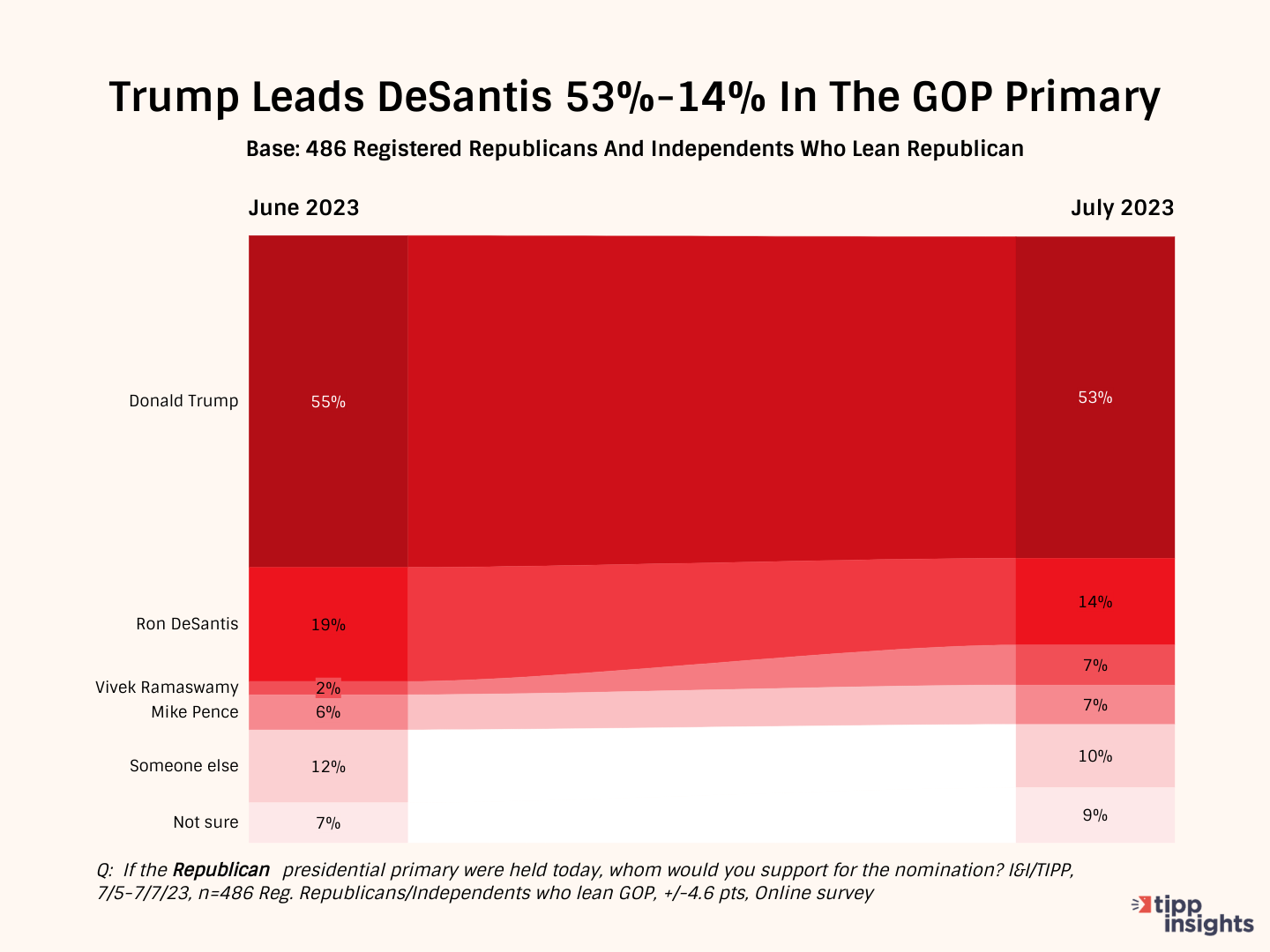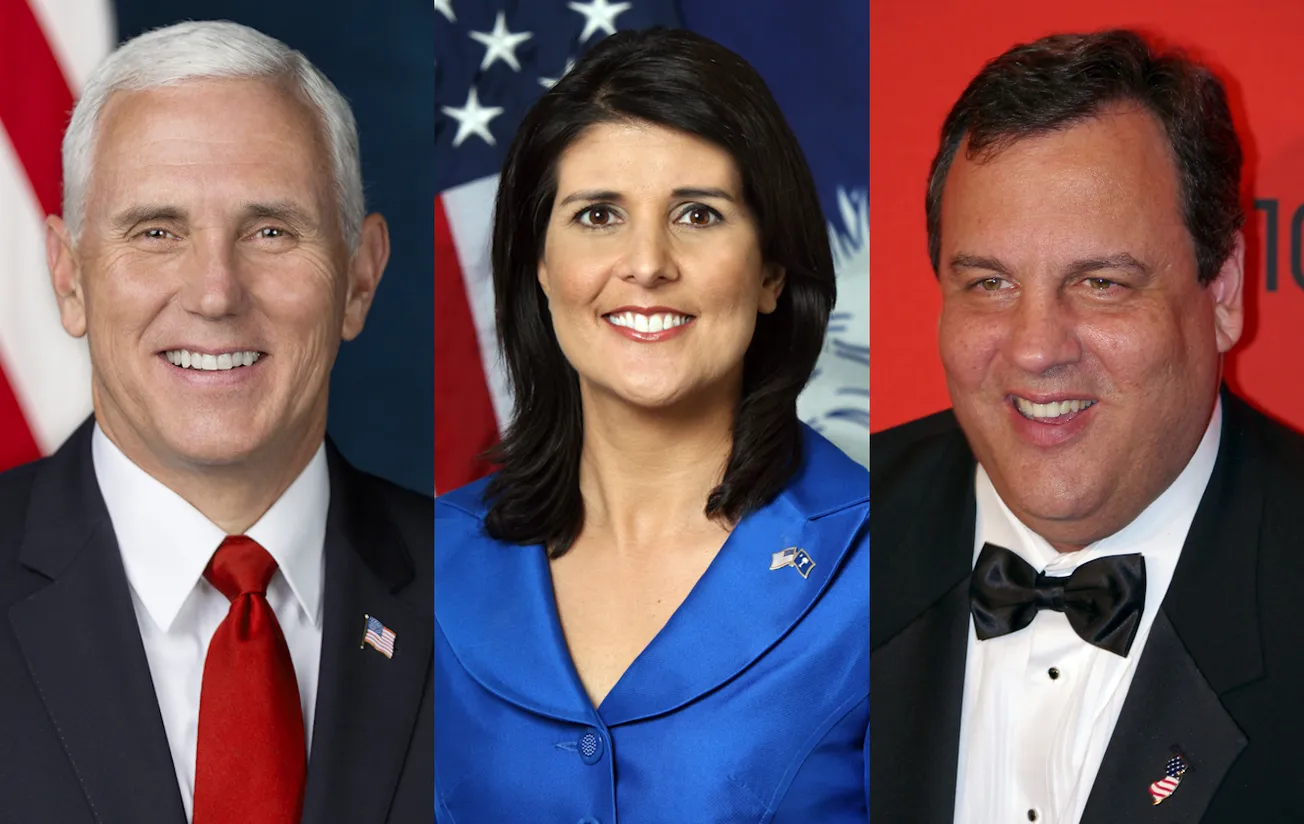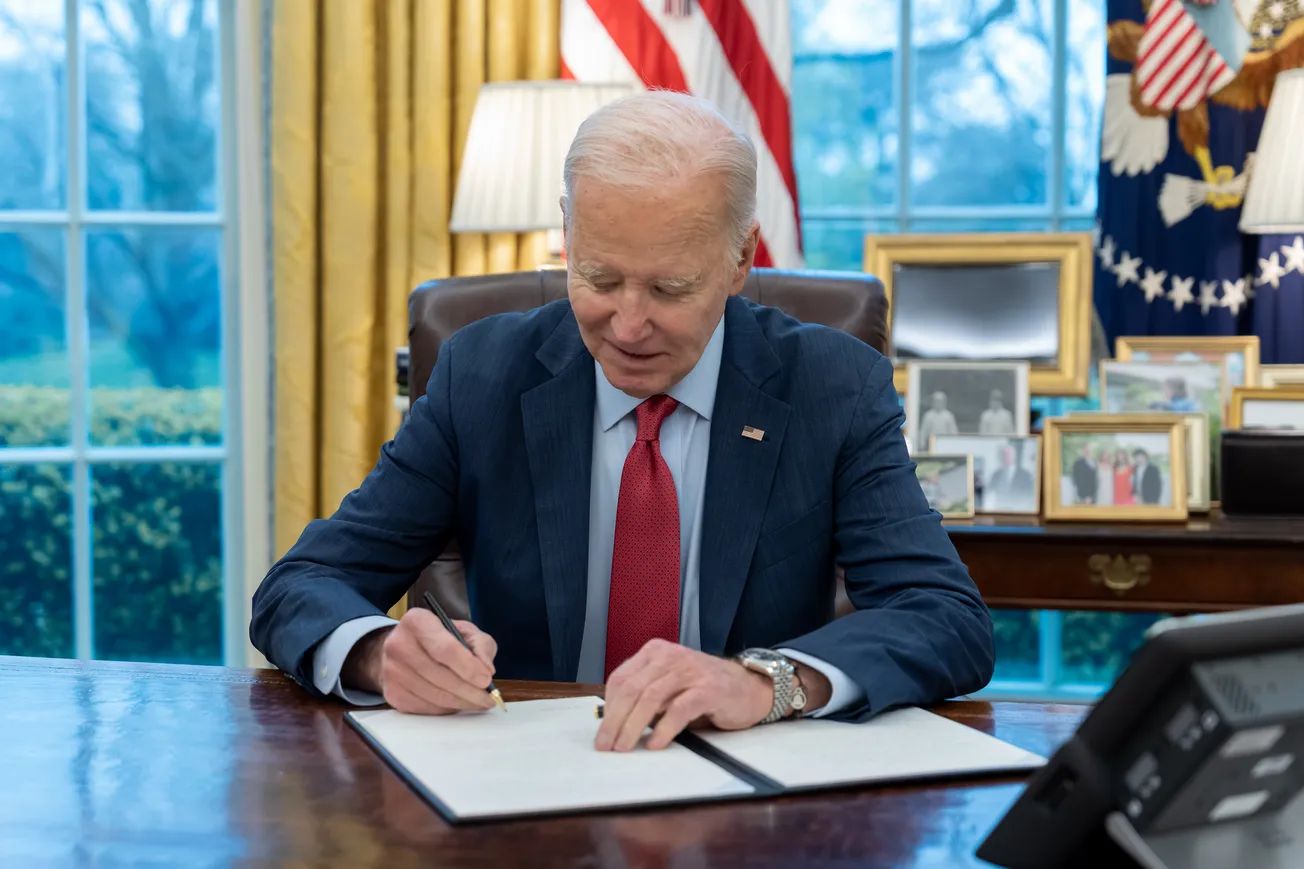There's a reason that an American political truth - "One serves at the pleasure of the president" - is as classic as apple pie.
To hold the office of the most powerful person in the world is to win a nearly- impossible popularity contest. The number of forces that need to come together is almost infinite. Thanks to our Founding Fathers, the American presidency was considered such a critical position that an entire article (Article II) was set aside in the Constitution to describe the vast powers and very few limitations of the office.
Americans have extremely strong views about ex-Presidents, opinions that moderate over time. Many voters are repelled when pundits apply another classic American tenet - that all are equal under the eyes of the law - against someone who has held the highest office. In voters' minds, ex-Presidents are somehow a little unequal and deserve enormous deference and respect.
Presidents have so many enumerated powers that one individual can't be personally involved in each decision an administration makes. The American Constitution had the wisdom to provide for a president to delegate his responsibilities to a loyal group of people as long as the United States Senate vets those people. The "Advice and Consent" role of the Senate is not trivial and typical of the "check and balance" principle for which the U.S. Constitution is known. It applies to hiring all senior officers of the president's team, and of course, to all life-long appointments to the judiciary.
But every presidential appointee serves at the president's sole pleasure. Presidents make or break the careers of those they appoint - and the reward for being loyal can span generations. Former White House Chief of Staff James Baker was such a close confidant of former President Bush (41) that it was rumored that the latter often rubber-stamped Baker's advice into presidential action. The two met on a Houston tennis court in the 1960s when they were young and cultivated a deep, boundless friendship that lasted decades. When Bush's 1992 re-election campaign was in trouble, he summoned Baker to take over. When the Florida electoral battle of George W. Bush (43) started in 2000, it was to Baker that the Bush campaign turned.
Fast forward to today. So many appointees who served in the Trump administration are violating the gold-standard Baker loyalty compact. They openly advocate for Trump to be punished by cleverly taking the high road, such as when former Vice President Mike Pence dropped big words like the Constitution and God in a Fox interview on Sunday.
Most voters are not impressed with such theater. They recognize that Pence, an obscure ex-Congressman and Indiana governor, would have remained unknown to the rest of the world had Trump not picked him as his 2016 running mate.
Pence's story is extraordinary because he remained a loyal Trump supporter until the end. Never publicly uttering a negative word against Trump, he first publicly broke with him on January 6, 2021. Even then, Pence won admiration for not doing what Trump asked him to do (decertify electors and turn the election back to the House) because he didn't think the Vice President, as the leader of the Senate, had so much power vested in him.
Voters understood that Pence was caught between two opposing forces - Trump and his largely-ceremonial duty. Trump's proposed alternative would have forced the country to enter uncharted waters (and potential riots and chaos) two weeks before the inauguration. The peaceful transfer of power is a bedrock American principle.
If Pence had stuck to this reasoning since leaving office and continued to be with Trump by professing that he would never run against him in 2024 (and would campaign for him), voters would have embraced Pence for a run in 2028. But Pence decided to run against Trump. Voters will not take kindly to such a colossal breach of trust. In the July TIPP Poll, Pence is at a dismal 7% in the race for the Republican nomination. Despite all of Trump's legal troubles (we calculated that based on all 70+ charges levied, Trump faces 641 years in prison), Trump is at a remarkable 53%.

The same issue afflicts former New Jersey Governor Chris Christie, a once-close Trump confidant, who is at 2%. Christie's danger is that most GOP voters remember him as a talking head on one of the most liberal Sunday morning programs, "This Week," moderating his stance on numerous topics for four years to appease his host, ex-Clinton advisor George Stephanopoulos. Few remember that Christie served as N.J. governor through 2018.
Nikki Haley is struggling at 3% - and this is because she conceded the early advantage she had when Democrats targeted her. Haley has made a series of mistakes, most strikingly when she differed from the average Republican voter by insisting that helping Ukraine defend itself from Russian aggression is in the U.S. national interest. An obscure two-term governor of South Carolina, Haley rose to national prominence only because Trump appointed her as U.N. Ambassador.
Each Trump disloyalist's private hope is that Trump will fade away from the stage - either to go to prison or end his political campaign in return for all charges (present and future) to be dropped - so that each can be competitive. But even without Trump in play, voters are unlikely to reward backstabbers. The best example? Liz Cheney.
Like our insights? Show your support by becoming a paid subscriber!






